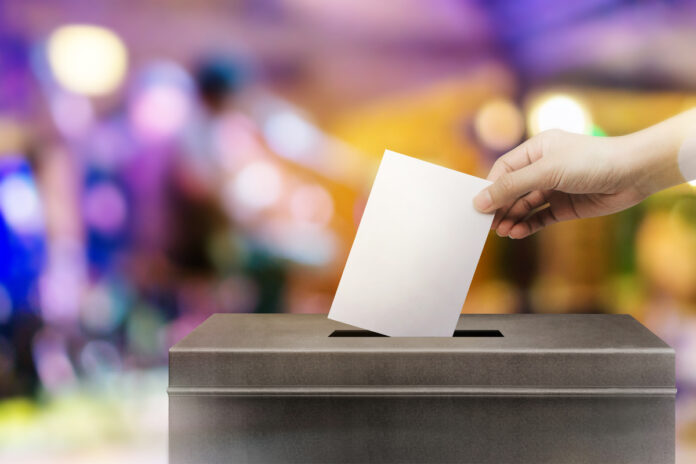As the 2020 race between former Vice President Joe Biden and current President Donald Trump heats up, we know the presidency is not the only important decision voters will face this November. Voters in multiple states will have the opportunity to decide on legalizing or amending their state’s cannabis laws this year. Check out the list below to see if Election Day 2020 will impact cannabis laws in your state.
Arizona
Led by Smart and Safe Arizona, the Grand Canyon State’s cannabis legalization initiative would legalize recreational use if the issue collects enough valid signatures to make the ballot and is approved by residents. If approved, adults age 21 and over could legally purchase cannabis and could grow up to six plants for personal consumption. A 16 percent tax would be placed on all sales. The new tax revenue would help be used to fund colleges, police and fire departments, and the state’s highway department.
A measure to amend Arizona’s medical marijuana program also may appear on the ballot.
Mississippi
The last thing cannabis advocates want is confusion at the polls. Unfortunately, Mississippi voters will have to decide on two different medicinal cannabis amendments. Initiative 65, would approve medicinal cannabis use for about twenty qualifying conditions. Patients would be permitted to have up to 2.5 ounces of cannabis flower. A sales tax of 7 percent also would be implemented. The other amendment, Alternative 65A, would restrict medicinal use to terminally ill patients. Voters can select “either” and then will be prompted to select their preferred amendment.
Montana
Voters in Montana may also consider two cannabis related initiatives on election day. However, if the measures reach the ballot, voters will be taking on complementary initiatives. I-190 would legalize and establish a regulatory structure for legal recreational sales while CI-118 would set the minimum age for legal cannabis sales to 21. New Approach Montana has been leading the efforts on both initiatives and already has submitted signatures to qualify for the 2020 ballot. Recently, New Approach Montana claimed that enough signatures have been verified by state authorities, though the Secretary of State’s office has yet to officially confirm I-190 and CI-118 will be on the ballot.
Nebraska
The group Nebraskans For Medical Marijuana has submitted 182,000 signatures (about 60,000 over the required minimum) to get medicinal use on the ballot. State officials are currently reviewing the signatures. If the issue makes it onto the ballot and is approved by voters, adults with a valid recommendation from a physician or a nurse practitioner could use cannabis for qualifying ailments. Children, with a recommendation and parental approval also could qualify. The ballot would grant state officials with the authority to regulate the program.
New Jersey
The Garden State already has an operational medicinal cannabis program. The New Jersey Marijuana Legalization Amendment would allow voters the opportunity to decide if they would like to legalize adult-use sales. The measure is supported by several officials including New Jersey senators Nicholas Scutari and Stephen Sweeney, and Governor Phil Murphy, who made recreational legalization a cornerstone of his successful gubernatorial campaign.
Oregon
With medicinal and recreational cannabis programs already in place, it may be a bit surprising to see Oregon on this list. Oregon could be blazing a new “trail” as the Drug Addiction Treatment and Recovery Act will give voters the opportunity to decriminalize all drugs including LSD and heroin. The goal is not to encourage hard drug use, but to shift the cultural conversation toward treating addiction as a medical condition and not as a felony. This could be a monumental development for criminal justice reform.
South Dakota
South Dakota is known for having harsh cannabis laws. Current Governor Kristi Noem has stated her opposition to almost any cannabis reform including allowing hemp and CBD sales. In November, we will find out if voters share her views when they vote on the legalization of both medicinal and recreational cannabis use. If Initiative 26 is passed, adults with a debilitating medical condition could possess up to three ounces of cannabis and cultivate up to three plants. If Amendment A is passed, adults age 21 and over could possess up to one ounce of cannabis. A sales tax of 15 percent would be attached to all recreational sales.
Other Highlights
Advocates in several states where initiatives lost momentum to make the 2020 ballot are now targeting future dates including the 2021 and 2022 elections. These states include Arkansas, Florida, Ohio, North Dakota, Missouri, and Oklahoma. In Idaho, where the signature collecting process was interrupted due to COVID-19, the situation is currently unclear.









